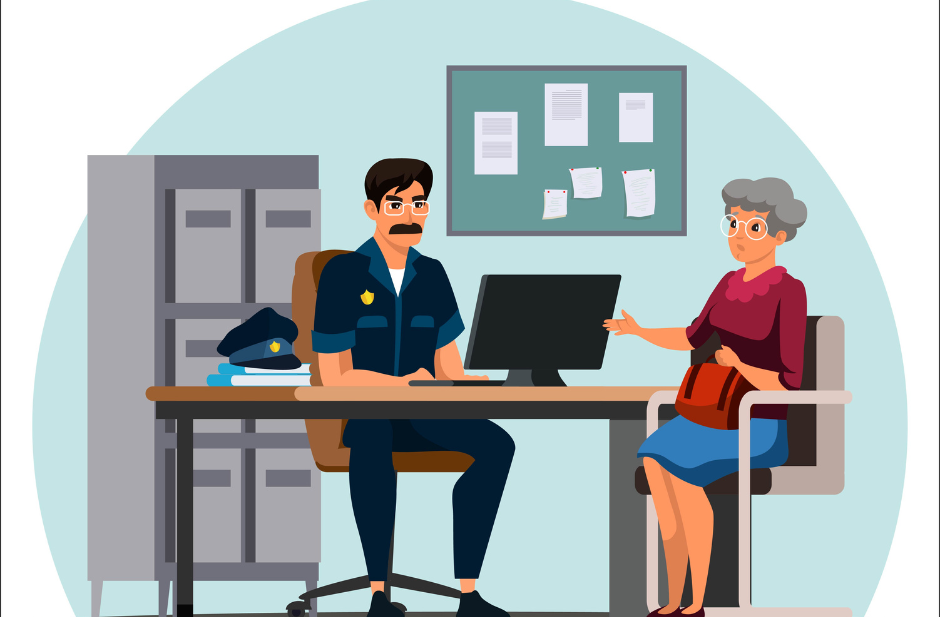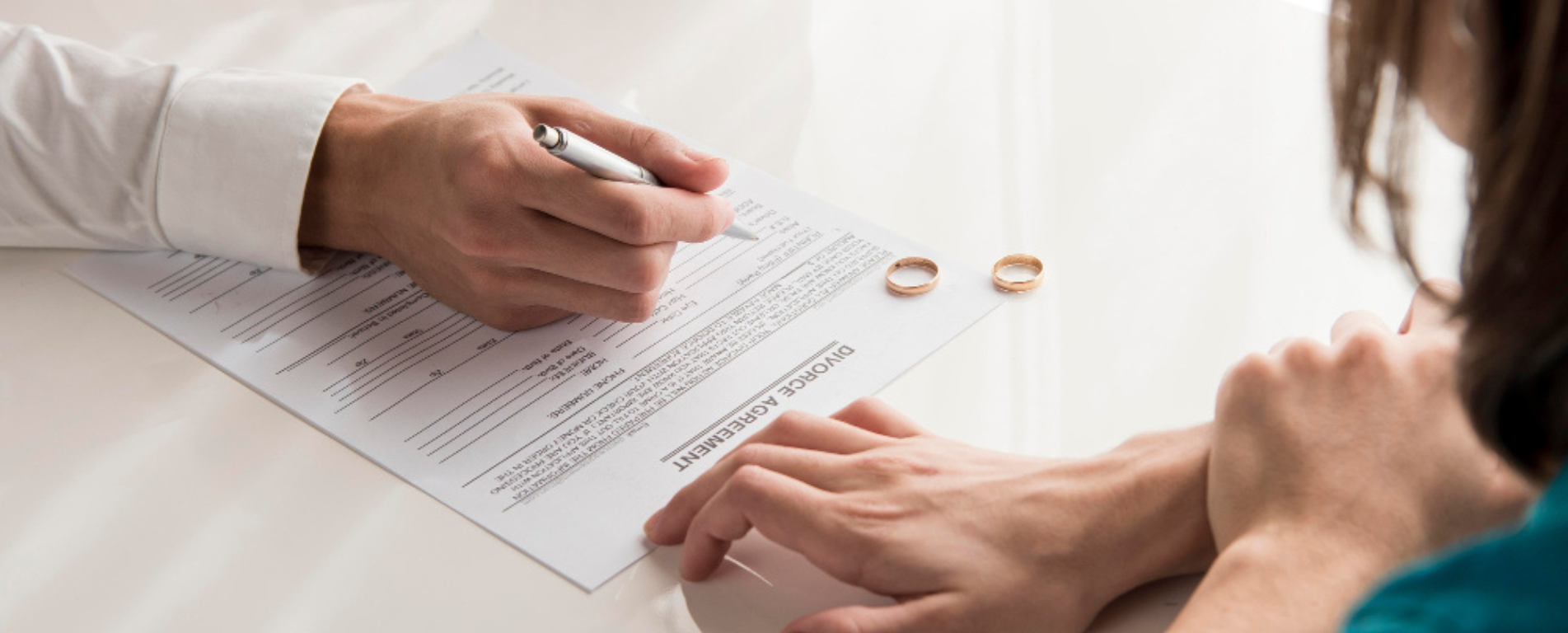Compared to the previous year, the level of major crimes in the US was significantly lower during the first semester of 2025, according to the Council on Criminal Justice.
Writing a police report may appear to be a very intimidating process, but it is a question of being knowledgeable enough to create a correct and effective report.
When you are not sure how to file a police report in NYC, it is important to gather little pieces of information and time your actions.
Understanding the impact of these steps on your case will make the processing go smoothly and be less stressful. So, where do you begin?
Understanding the Importance of a Police Report
A police report is important to record cases. They serve as documents that prove an incident occurred and state the important details of what happened. This includes giving an account to the police; now, you are no longer a bystander to the incident; your voice matters.
Reporting fosters community safety; you care about the neighbourhood. These documents also give tremendous help to victims as a voice of validation. It can also be a vital document for insurance claims or court cases.
How To File A Police Report?
Telling your story helps create a safer place for everyone. Remember that even one police report can lead to justice and is important in creating a caring and informed community. But how to file a police report? Here are the steps mentioned.
Identify The Offence
Before you make a police complaint, it is important that you understand the offence that has been committed. This could be anything, a criminal offence, murder, theft or assault.
Moreover, it could be an offence against property, like criminal breach of trust or fraud. It is necessary that you clearly understand the offence so that you can frame the complaint accordingly.
Gathering Essential Information
Reporting a police case requires correct information, such as the exact date and the hour when the incident happened, along with its location. Write down a narration of events and all other names, addresses, or contact numbers connected with the incident.
Compile a list of all witness information gathered from your community, as every effort counts. Include records of all physical evidence or photographs, if available, and collect them. This information helps not only build the case with the police but also illustrates how seriously you consider the matter.
Get your friends and family involved, as an investigation is not a process done in isolation. They should be ready to help uplift you as you go through this entire tough ordeal.
According to drug crime lawyer Chris Villemarette, creating a strong defence against serious allegations takes time.
Choosing The Right Time And Place To File
The time and place chosen for reporting a matter to the police will influence the proceedings and your experience. Going to the police station on a weekday morning will avoid waiting long and spending extra time filing the report with the officer.
The time and place of reporting an offence to the police will affect the case and experience. When you go to a police station during a weekday morning, you do not have to wait long before you file a report with an officer.
In case visiting becomes impossible, check if your local department operates online reporting. Whichever the case, choose the time and place where you will feel safe and secure and find it easier to give your story and bond with officers who will assist you.
Lodge The Complaint
Once you are at the police station, the complainant will have to file a complaint. The complaint has to be in writing, along with all the details of the offence, the time and date of the offence.
Moreover, the name and address of everyone involved. You will have to file a complaint and take a copy along with you for future reference.
Register The Complaint
The officer in charge of the police station is bound to register the complaint and give you an acknowledgement receipt. The receipt will have the time and date of the complaint, along with the details of the police officer who took the complaint and the complaint number.
Completing The Report Accurately
After learning about the exact date, time, and venue for submission, you only need to finalize your report appropriately. Breathe and concentrate on all the details. Begin by telling what happened: when and where.
Include clearly given names and addresses regarding the vehicles, and so on. The more you tell them, the more the police will assist you. Be honest, straightforward, and as immediate as you can. It does not hurt to ask an officer when you are unsure of something.
You are in a community that is striving towards safety, and thus your correct report is appreciated. Take pride in contributing to that effort.
Investigation
After you register the complaint, the police will investigate the offence. They will collect evidence, visit the crime scene and interview the witnesses as well. The police officers might have to arrest the accused if they think they have enough evidence to do so.
Following Up on Your Report
Now that you know how to file a police report, be sure to contact the department and follow up on the process. In a few days, follow up and ask if they have received your report. The majority of officers appreciate this initiative because it shows that you are concerned about the outcome.
Ask the police department to provide you with an update after reporting. After about a week, kindly inquire about how your report was received. Most officers appreciate the gesture, as it shows you sincerely care about what happens.
Developing rapport with local officers aids the sense of community. Staying involved helps your case and builds trust and networks among your neighbours. You belong in this process. Your voice counts.
Read Also:
















